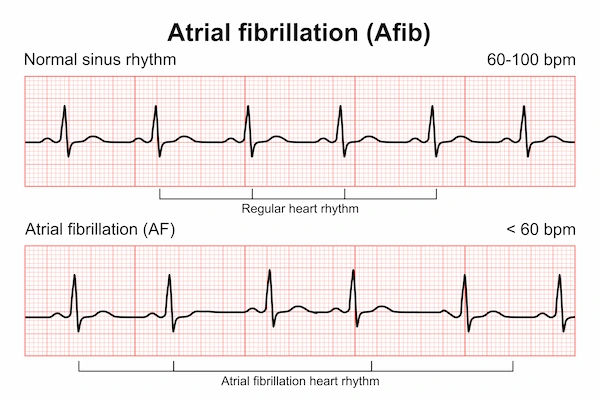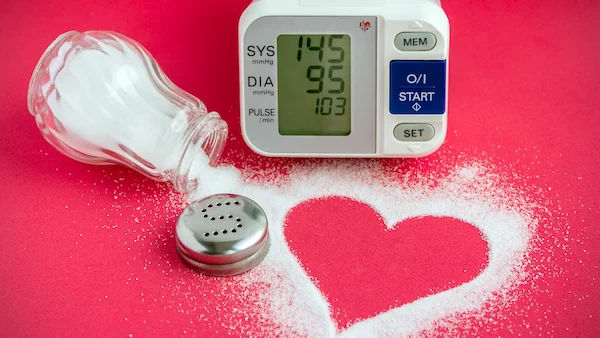- Male
- 18 Years
- 22/01/2025
I'm really curious about something - I've had tons of ECGs, echos, and TMTs over the past year, and while I suspect I might have POTS because my heart rate jumps to 120 bpm when I walk, that's not what I'm most concerned about right now. Today, I'm experiencing these really strong, sharp chest pains. They come and go, happening in one small spot that hurts for 23 seconds and then disappears, or sometimes it's a dull ache lasting 24 seconds and then it's gone. Occasionally, the pain stays for 30 seconds to a minute, which I've found is called Texidor's twinges. The sharp pains are intense, happening in one spot or feeling like multiple wires in my chest wall are hurting for a second, but then they just vanish. Even with the dull pains, they stop after a few seconds, and I've also been coughing for the last few days. Do you think this could be heart-related? Sometimes, stretching makes the pain worse before it eases up. What could be causing this?
Answered by 1 Apollo Doctors
It is important to consider the possibility of musculoskeletal chest pain, especially given the description of sharp, localized pains that last for a few seconds and can be triggered or worsened by stretching. The fact that you have been coughing for the last few days also suggests a potential respiratory component to your symptoms. To address the sharp chest pains, you can try taking over-the-counter pain relievers such as acetaminophen or ibuprofen. Additionally, using a heating pad on the affected area may help alleviate the discomfort. It is also advisable to practice deep breathing exercises to help relax the chest muscles. If the symptoms persist or worsen, it would be prudent to follow up with your healthcare provider for further evaluation and to rule out any cardiac issues.
Dr. Anshul Suggests...
Consult a Cardiologist
Answered 04/07/2025
0
0

More Cardiology Health Queries
View allI'm worried about potential blockages in my arteries. How can I tell if there's something wrong? Are there specific symptoms I should look out for? Also, what foods can I eat to keep my heart healthy?
Thats unusual,visit General Physician for appropriate approach.and maintain balanced diet and healthy lifestyle
Answered by 1 Apollo Doctors
I'm really worried about my mom. She's been taking Telvas H and Nebicard 2.5 along with Amaryl M1, but recently she's been having these heart palpitations and feeling super uneasy after taking the Amaryl. It's kind of freaking us out because it's only started in the last few days. Do you think this could be a side effect or something we should be concerned about? What should we do to help her feel better?
it is one of the side-effects of tab amyryl antidiabetic medication. physician opinion .
Answered by 1 Apollo Doctors
My wife's TMT came back positive, but her echocardiogram and ECG results were normal. Her doctor suggested she get an angiogram. I'm trying to understand if this is the right step at her age, which is 46. Is it usual to go for an angiogram in such cases, or are there other things we should consider first?
The advice for angiogram given by the doctor seems appropriate considering your wife's TMT test being positive. An angiogram can provide detailed information about the blood flow to the heart and help in identifying any blockages in the arteries. Given her age of 46 years and the positive TMT result, it is important to further investigate to ensure proper diagnosis and treatment. I would recommend following the doctor's advice and proceeding with the angiogram to assess the heart's condition accurately.
Answered by 1 Apollo Doctors
Disclaimer: Answers on Apollo 247 are not intended to replace your doctor advice. Always seek help of a professional doctor in case of an medical emergency or ailment.



